Acupuncture for Vertigo: Finding Balance Naturally
- Dec 14, 2023
- 7 min read
Updated: Apr 25, 2025
Vertigo is a condition in which the patient experiences an illusory sense that either their body or their external surroundings are in motion.
Modern clinical practice struggles to provide effective treatment for vertigo, which can be severely disabling and often reoccurs. However, acupuncture demonstrates promising results in research studies, offering potential relief for individuals suffering from this condition.

More than 1/3 of American adults struggle with vertigo, dizziness, or balance issues throughout their lives, with women experiencing a slightly higher rate of occurrence compared to men.
Internal vertigo is characterized by the patient’s mistaken perception that they are moving or whirling, while in external vertigo, the environment around the patient is perceived to be in motion. A lack of moving sensation differentiates dizziness.
Chinese medicine and acupuncture for vertigo have been used for thousands of years; one of the first records can be found in the book "Huang Di Nei Jing," written 2,200 years ago.
Dizziness and vertigo in Western Medicine
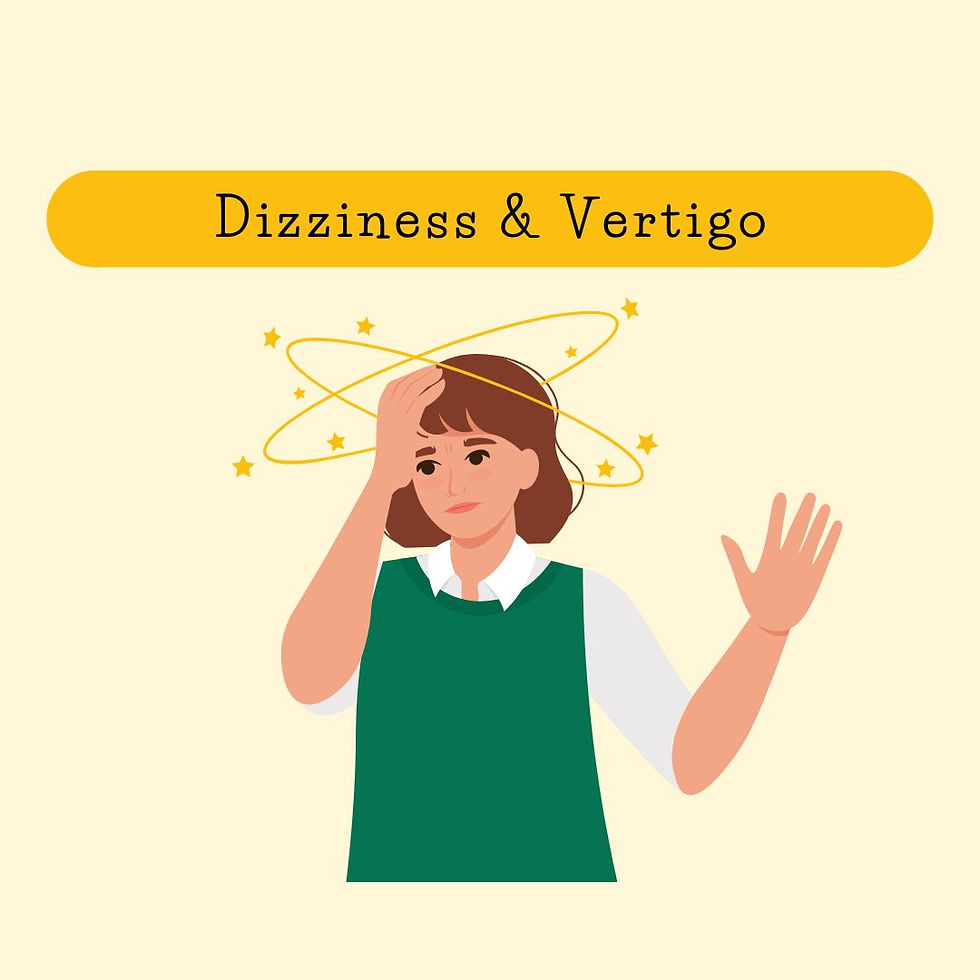
Vertigo affects around 7 percent of adults; it recurs in 88 percent of cases and affects females more than males at a ratio of 2.7 to 1.
Internal vertigo is characterized by the patient’s mistaken perception that they are moving or whirling, while in external vertigo, the environment around the patient is perceived to be in motion. A lack of moving sensation differentiates dizziness.
The most common subtype of vertigo is benign paroxysmal positional vertigo, which affects more than 200,000 patients every year.
Less common is Meniere’s disease, an inner ear pathology that involves symptoms of sporadic hearing loss or tinnitus, stuffiness of the ears, and spinning vertigo, which frequently presents with nausea and vomiting.
Vertigo could be either from a peripheral (labyrinth and vestibular nerve) or a central nervous system disorder like ischemia of the central vestibular structures or acute demyelination.
Dizziness and vertigo symptoms:
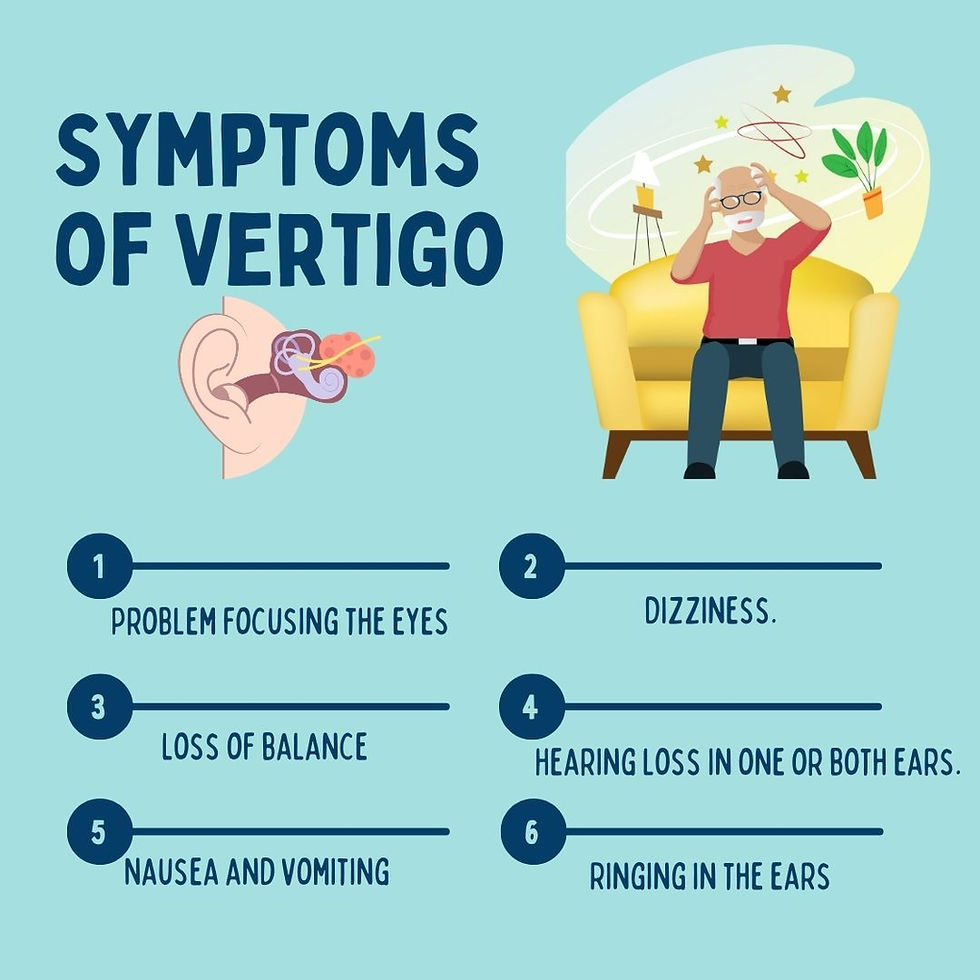
The symptoms of dizziness are milder, usually lasting a few seconds, and may be accompanied by blurred vision.
Vertigo symptoms come with sudden spinning dizziness or surrounding rotating, which may last minutes or hours. The patients suffer fear, and usually, their symptoms come along with nausea, vomiting, and tinnitus.
Medical treatment:
Doctors can prescribe several medications to help with the symptoms of vertigo. These include prochlorperazine and various antihistamines, such as cinnarizine, cyclizine, or promethazine. Notably, these medications are also used to treat nausea and motion sickness. Unfortunately, the side effects of these pharmaceuticals can be significant.
A systematic review of dizziness and vertigo by Bösner et al. (2018) concurs in noting the non-significance of therapeutic outcomes in the majority of research surveyed.
The prognosis is often not very good, and rehabilitative aspects in patients with dizziness seem important for research and practical implementation.
Dizziness and Vertigo in Traditional Chinese Medicine
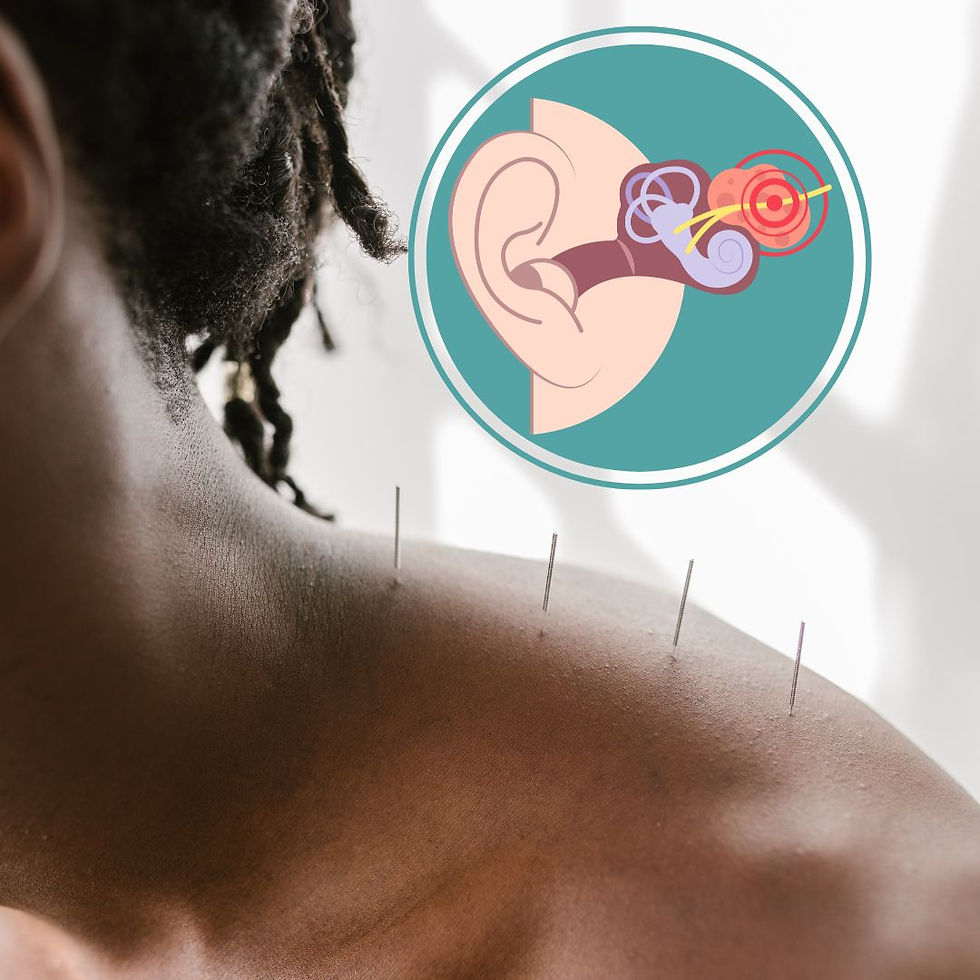
Traditional Chinese medicine uses the term "Xuan Yun" to refer to dizziness and vertigo, characterized by a range of symptoms from mild lightheadedness to severe loss of balance and equilibrium.
The first reference to dizziness and vertigo in TCM appears in the book "Yellow Emperor's Classic of Internal Medicine," which was written 2,200 years ago.
The main reason behind dizziness and vertigo is the inability of Qi to nourish the brain due to depletion of Qi or stagnation of Blood or Phlegm that inhibits the normal flow of Qi into the Brain or Sea of Marrow.
Aetiology:
Liver Disorders
Resentment, anger, frustration, repressed emotions, and constant stress impede the normal functions of the Liver, producing Liver Qi stagnation. With some time, it will evolve to Heat and Wind with usually mild dizziness symptoms or Liver Yang rising with more severe vertigo symptoms.
Phlegm Damp
An incorrect diet or excessive use of antibiotics will damage the Spleen Qi and produce an accumulation of Dampness that will transform into Phlegm over time.
Also, a malfunction of the fluid metabolism (Kidney, Lung, or Spleen malfunction) can produce stagnation and thickening of physiological fluids and transform them into pathological Phlegm.
Kidney Deficiency
Overwork and/or excessive sexual activity over many years without resting enough will deplete Kidney Qi. This deficiency will inhibit the nourishment of the Sea of Marrow and will produce patterns of vertigo due to a deficiency pattern.
Kidney deficiency can also be produced after a debilitating pregnancy or by overuse of prescription or recreational drugs.
Blood Stagnation
The stagnation of Blood can be due to an old injury or after chronic patterns of qi stagnation.
(Vertigo symptoms are very unlikely to be caused by any blood pressure issues)
Vertigo Treatment in Chinese Medicine
Chinese Medicine focuses on the pattern of presentation. Different patients suffering from the same disease present with unique distinguishing patterns, and the treatment plan is created according to these unique characteristics of each patient.
The herbal and acupuncture treatment will address the particular necessities of the individual patient.
Let's see a few examples of how we plan a vertigo treatment.
Liver Qi Stagnation
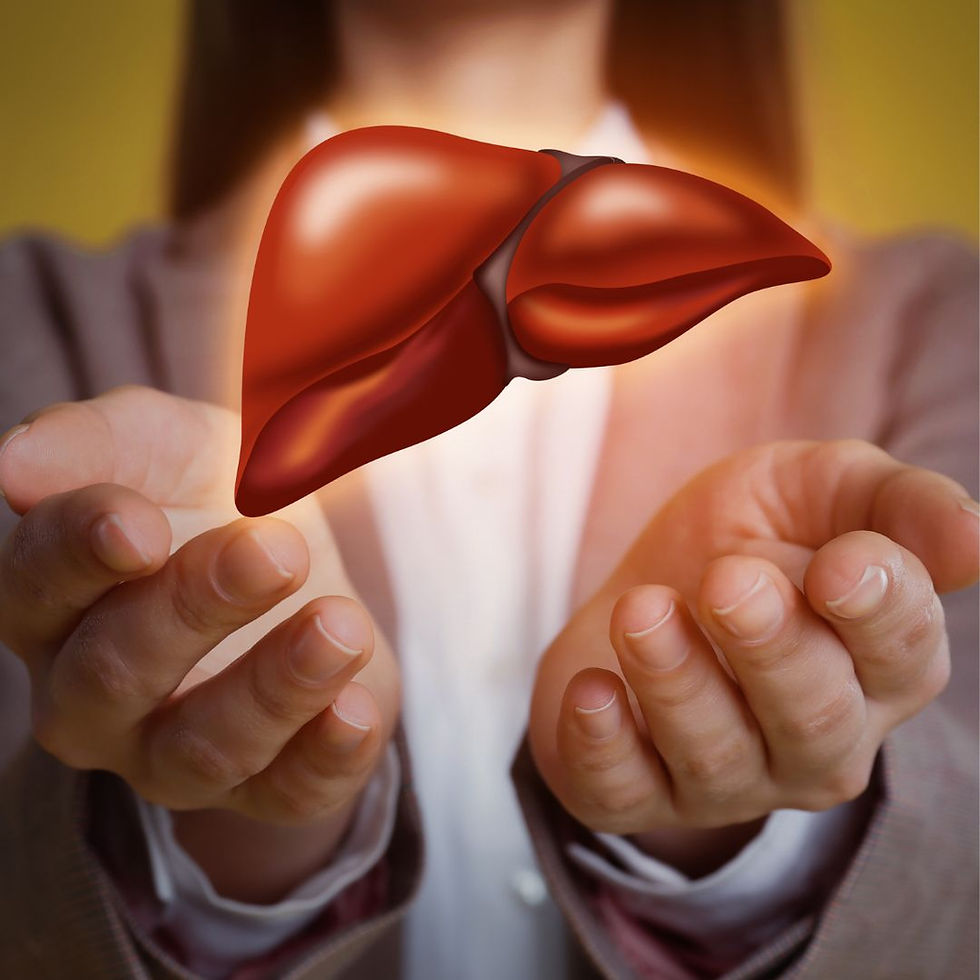
The liver channel travels to the vertex of the head and has an important influence on the nourishment of the brain, the central nervous system, and the inner ear.
Any obstruction on the Liver channel will lead to the accumulation of Qi and Blood in the head, producing dizziness and vertigo of an excess type. If the obstruction persists over time, it will develop Heat, producing Liver Yang Rising. This is very common clinically.
Clinical symptoms
Dizziness and vertigo worse with stress
Headache
Irregular menstruation, PMS
Irritability and depression
Tightness and full sensation in the chest
Treatment plan
Soothe the Liver and promote the free flow of Qi.
Acupuncture Treatment
Liv 3: spreads Liver Qi, nourishes Liver Blood and Yin, Sedates Liver Yang, and extinguishes Wind.
GB 34: Removes obstruction from the channel, relaxes and strengthens sinew and bones, and spreads Liver Qi.
GB 20: Good for Vertigo treatment; clears the head and dispels wind.
Bl 18: The back shu point of the Liver, moves stagnant Qi and benefits the global function of the Liver.
LI 4: Together with Liv 3, it increases its capacity to spread Qi stagnation.
Herbal Treatment

Xiao Yao San is a classic formula for Liver Qi Stagnation with Liver Blood deficiency.
It has been used for centuries to treat dizziness, headache, irritability, irregular menses, blurred vision, etc.
The herbalist should customize and modify the formulas to match the pattern presentation for the patient and alleviate symptoms as much as possible. For example, if vertigo comes with a headache, the formula should be modified, adding Chuan Xiong and Bai Zhi to make it more efficient.
Phlegm Damp
Overconsumption of sugars and dairy products can affect the Spleen and generate Phlegm in the body. The Phlegm will cause dizziness and vertigo, affecting the inner ear, producing peripheral vestibular disorders and it will obstruct the free flow of Qi and blood into the brain.
Most chronic dizziness and vertigo have a Phlegm component.
Clinical symptoms
Poor appetite
Nausea or vomiting
Sleepiness and lethargy
A feeling of heaviness in the body.
Tinnitus while having vertigo episodes
Brain fog
Acupuncture Treatment
These are examples of common acupuncture points to treat dizziness and vertigo.
Ren 12: Tonify the Stomach and Spleen, improve digestion, and resolve phlegm.
St 36: Benefits the stomach and spleen, tonifies qi and blood, transforms damp.
Sp 3: Supports the spleen, helps with digestion
Bl 20 & 21: Back Shu points of Spleen and Stomach, promote digestion.
St 40: Transforms phlegm and dampness, a classic point to treat vertigo.
St 8: Clears the head and brightness the eyes. Common point for treating patients with dizziness.
Herbal Treatment
Ban Xia Bai Zhu Tian Ma Tang is a very effective formula to treat vertigo when there is a clear Phlegm pattern.
Strengthens Spleen, dispels dampness, transforms phlegms, and eliminates wind.
Great formula to treat dizziness and vertigo, with headache, nausea, vomiting, and any other clear signs of Phlegm.
Blood Stagnation
If it is an acute illness, it is usually due to head trauma. If it is chronic dizziness or vertigo, it is usually due to a long history of Liver qi stagnation and inhibits the correct flow of blood.
Clinical symptoms
Easy to forget things
Chest palpitations
Apathy and Depression feelings
Difficulty sleeping or very superficial sleeping patterns
Headaches that are boring and fixed at one specific point in the head.
Acupuncture Treatment
Li4 + Liv 3: this is a great combination of acupuncture points to disperse Qi or Blood stagnation.
Bl 17: It is an influential point of Blood, great for acupuncture manipulation to treat any pattern that has a blood stasis origin.
Sp 6: Supports the production of Blood.
Herbal Treatment
Xue Fu Zhu Yu Tang is a common herbal formula to invigorate blood, dispel stasis, and unblock the channels.
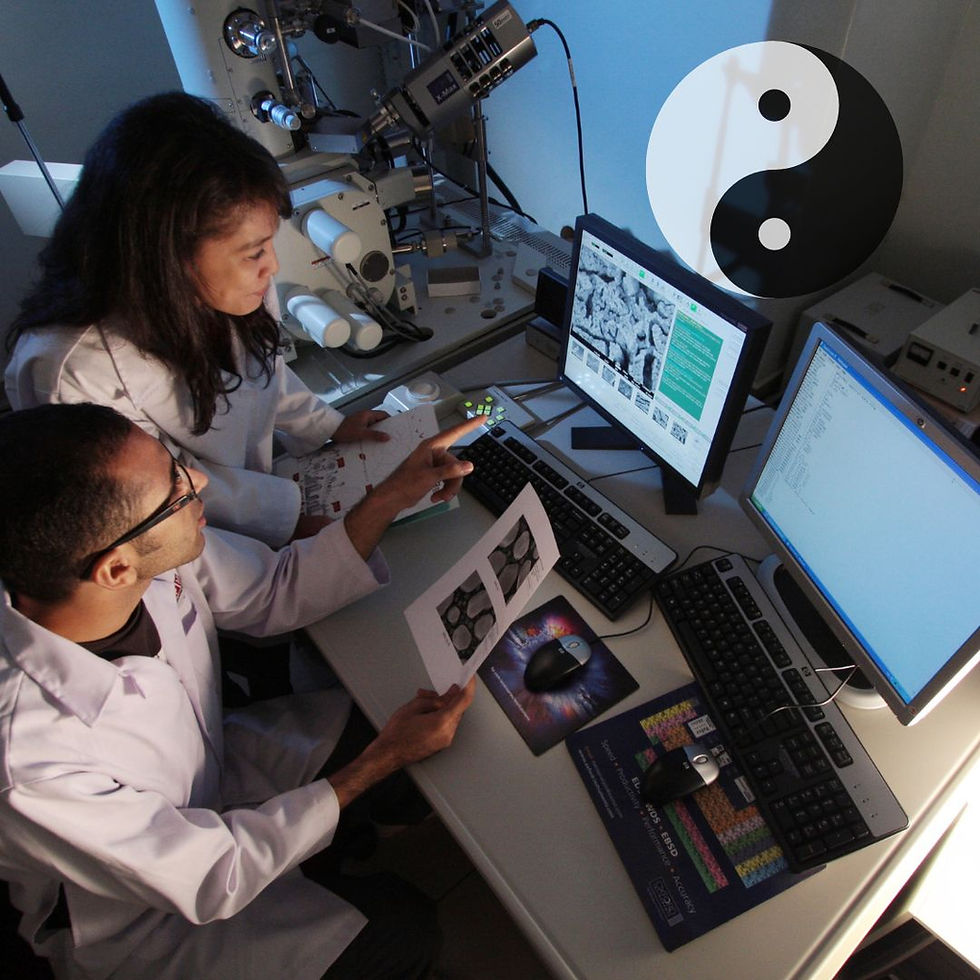
Studies of Acupuncture for Vertigo
The Efficacy of Acupuncture for the Treatment of Cervical Vertigo: A Systematic Review and Meta-Analysis
In this randomized controlled trial, we can find these results:
"A total of 10 studies with 914 participants were included. Results showed that acupuncture was more effective than conventional medicine therapy (CMT) in effectiveness, the improvement rate of vertigo and headache, and increased average blood flow velocity of the vertebral-basilar artery."
Conclusion
Acupuncture for vertigo emerges as a promising avenue for those seeking natural relief from vertigo. Its holistic approach, supported by research and personal stories, invites individuals to explore a new dimension of balance and well-being.
In our acupuncture clinic, Soul Acupuncture & Herbal, we have long experience treating dizziness and vertigo symptoms.
Acupuncture for vertigo is safe and effective. We recommend it for patients who seek treatment and need relief of their symptoms.
Frequently Asked Questions (FAQs)
Can acupuncture completely cure vertigo?
While it varies, many individuals experience significant improvement or resolution of vertigo symptoms through acupuncture. There is plenty of clinical evidence (randomized controlled trial) of the effectiveness of acupuncture for vertigo.
How long does it take to see results with acupuncture for vertigo?
Results vary, but some report improvement after just a few sessions. Consistency is key.
Are there any side effects of acupuncture for vertigo?
Side effects are minimal, often limited to mild soreness or bruising at needle sites. Serious complications are rare.
Can I continue other treatments while undergoing acupuncture?
Yes, acupuncture can complement other treatments. Consult with your healthcare provider to ensure a coordinated approach.
Is acupuncture painful?
Acupuncture is generally painless. Most people feel minimal to no discomfort during the insertion of thin needles.
*This article is ment to educate and not for diagnosis or treatment, alway contact your primary care provider.



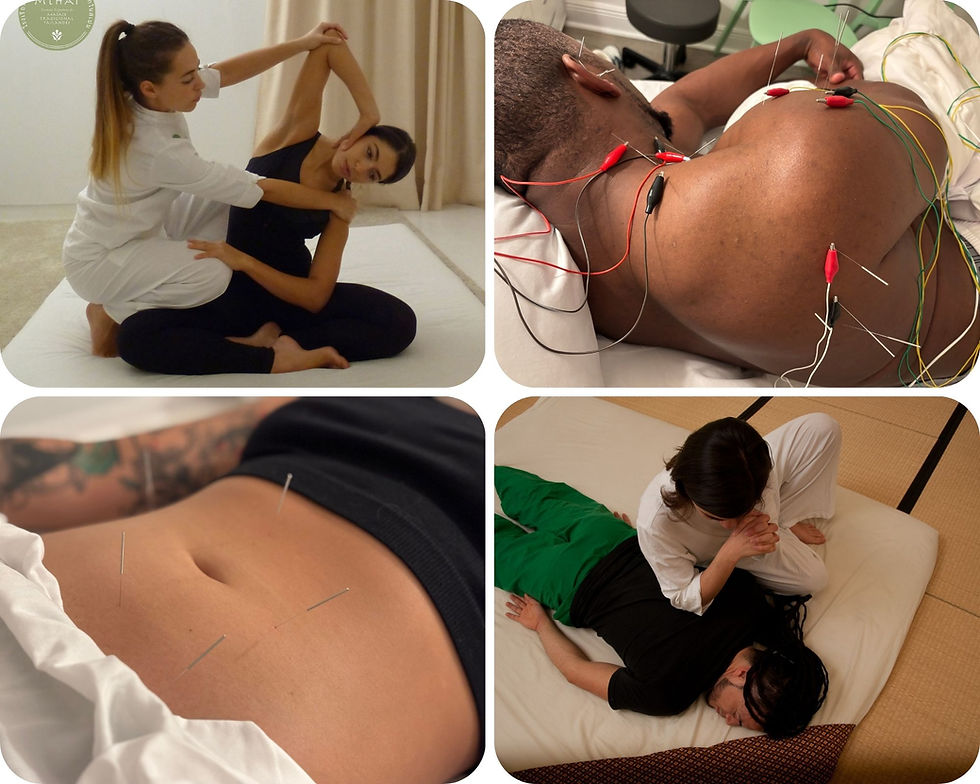
Comments